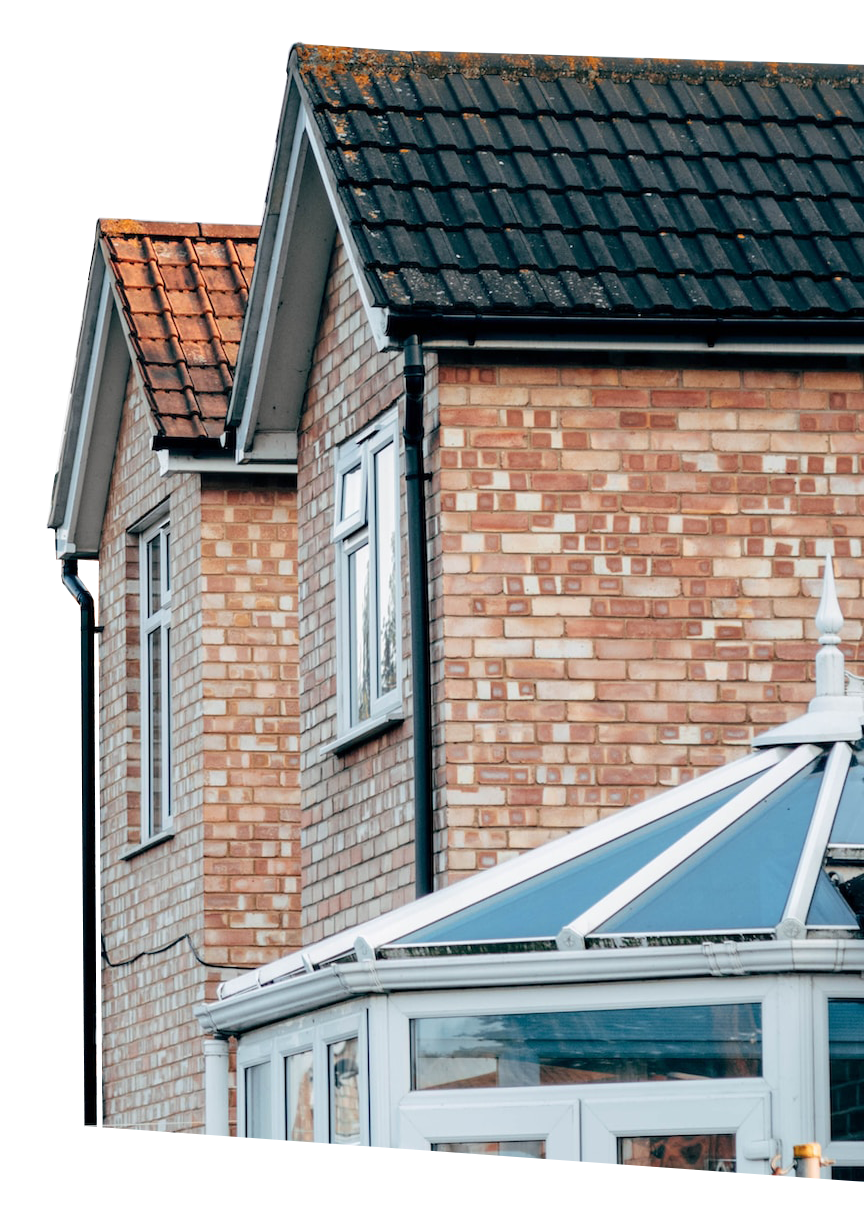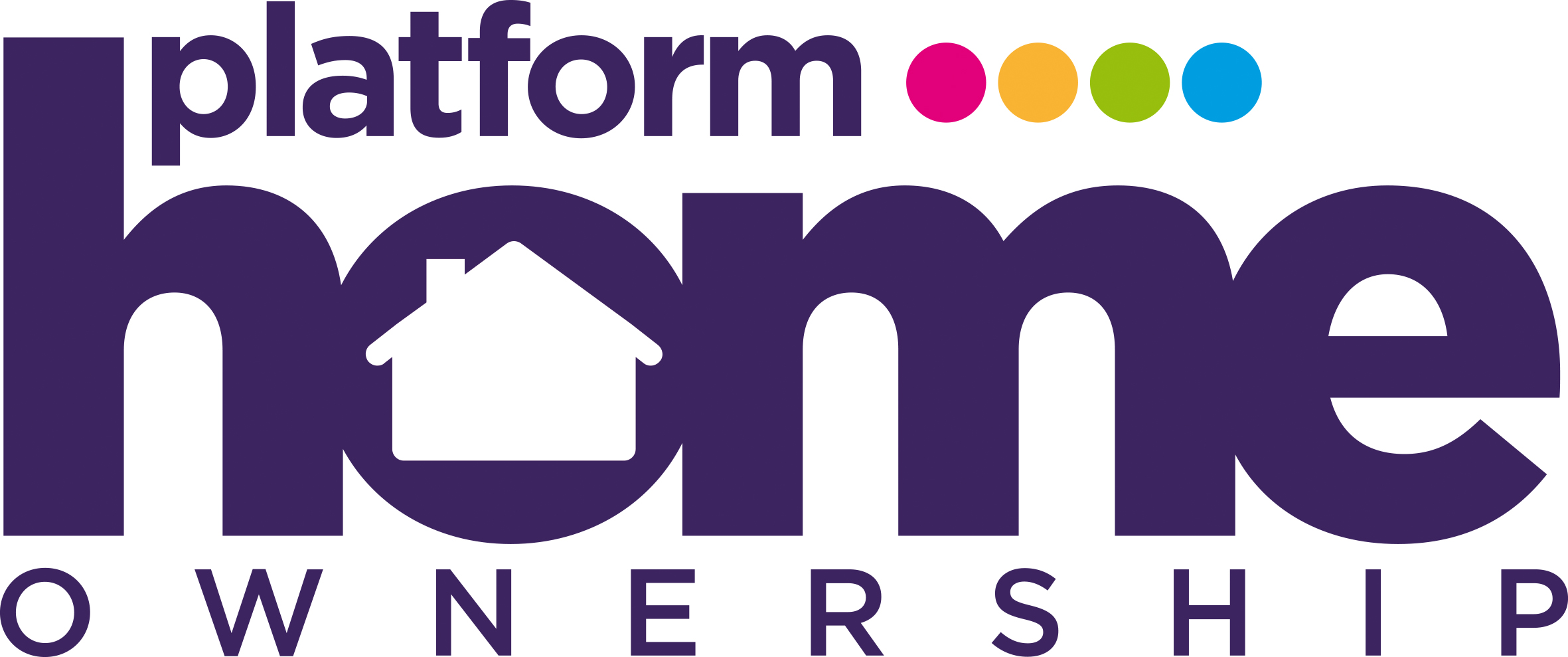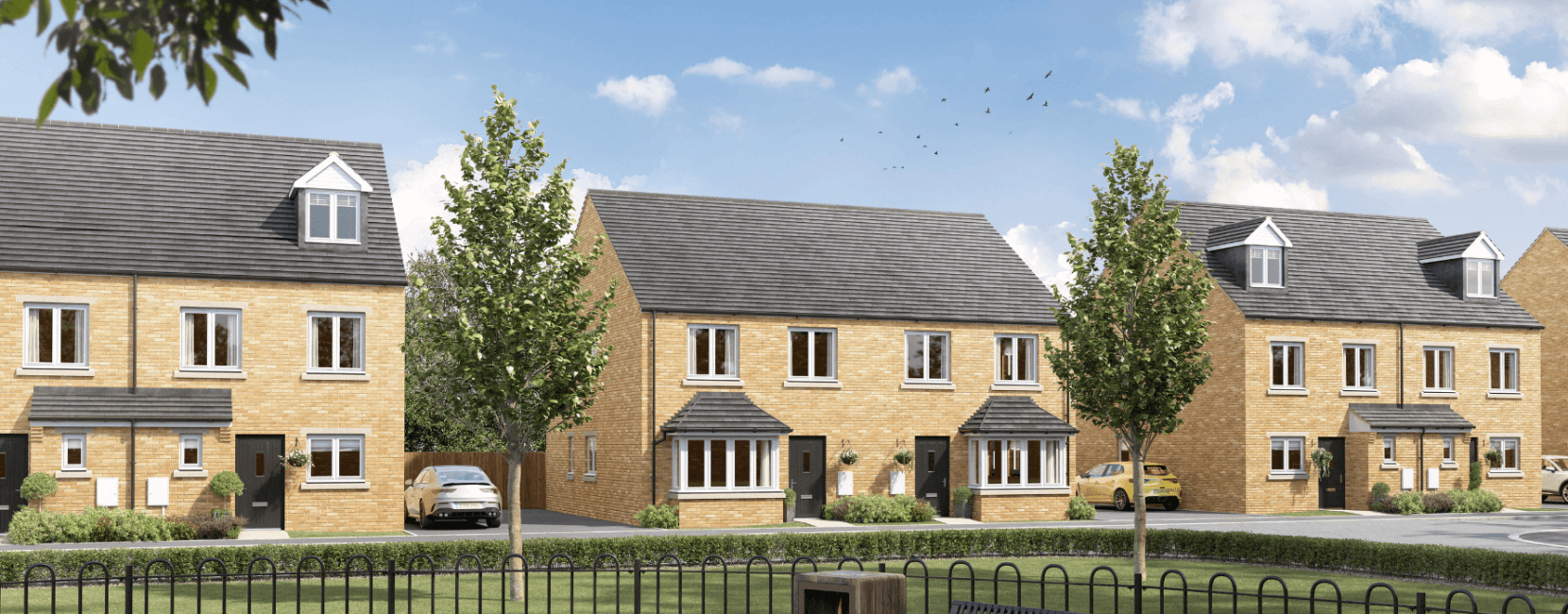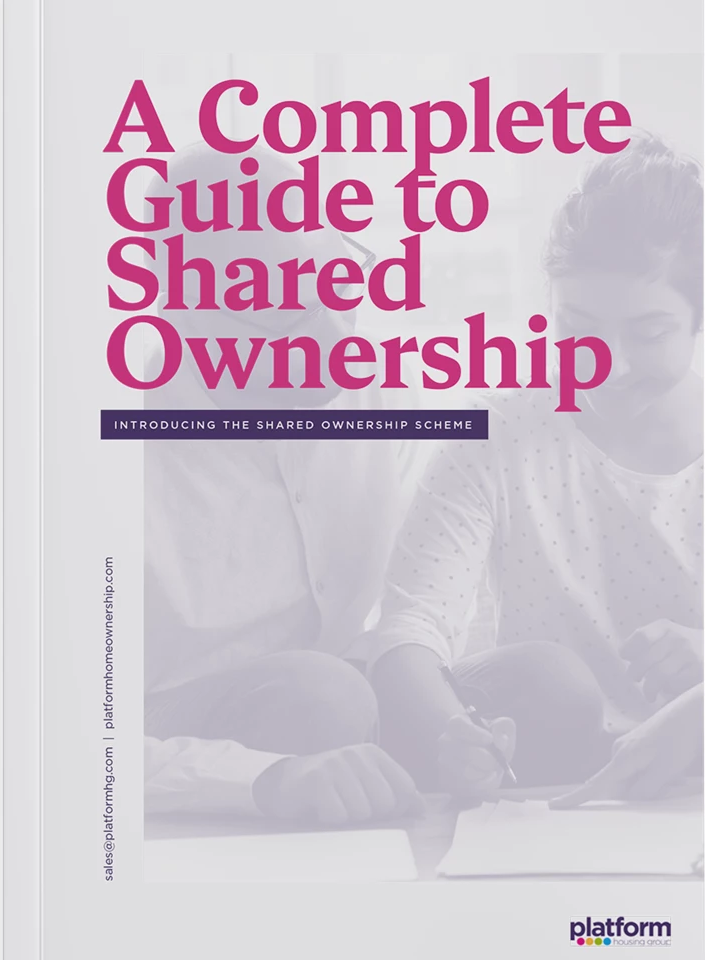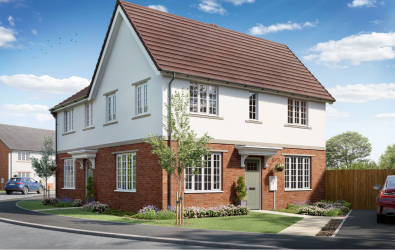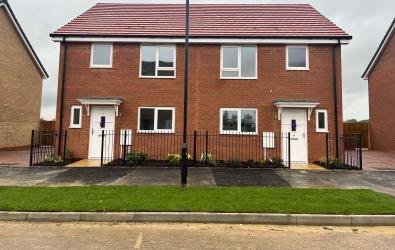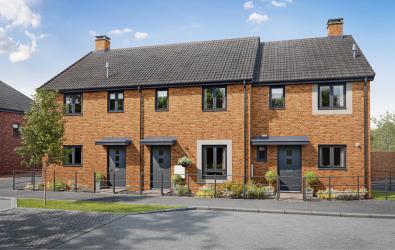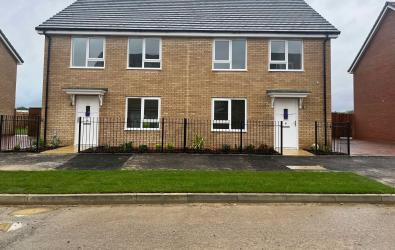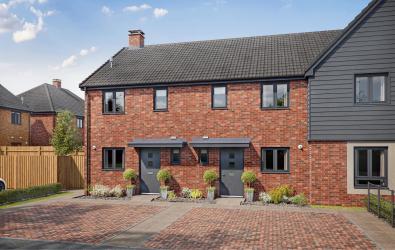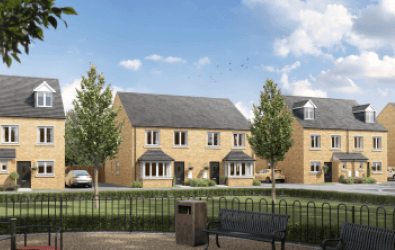We understand that getting on the property ladder in the current market is difficult - whether you're saving for a large deposit or struggling to get a mortgage application accepted. This is where an affordable house scheme such as shared ownership can help.
Shared ownership is a key part of the service we offer at Platform and we have a range of shared ownership properties available in desirable developments across the UK.
Below we answer the question 'what is shared ownership', tell you everything you need to know about how shared ownership works and how shared ownership staircasing fits into the process.
What is Shared Ownership?
Shared Ownership is a relatively simple concept. You buy a share of your home and pay rent on the remaining amount. You can typically buy between 10% and 75% of the property’s full market value.
This offers much more flexibility and accessibility for buyers in two different ways. Firstly, it lowers the amount you need for a deposit - most deposits on a shared ownership scheme are between 5% and 10% of your share, not the full amount.
Secondly, a Shared Ownership scheme means you also reduce your mortgage repayments, while paying below-market rent on the other amount.
If you decide you want to buy more shares at any point, you can. Through a process called ‘staircasing’, you buy more shares of your home and reduce how much rent you pay on the remaining amount.
This ensures that you’re always in control during the buying process and in most cases, directly leads to full home ownership. With Shared Ownership, you get the home that you want, with a repayment plan that’s realistic for you.
Often cheaper than renting
Often cheaper than renting
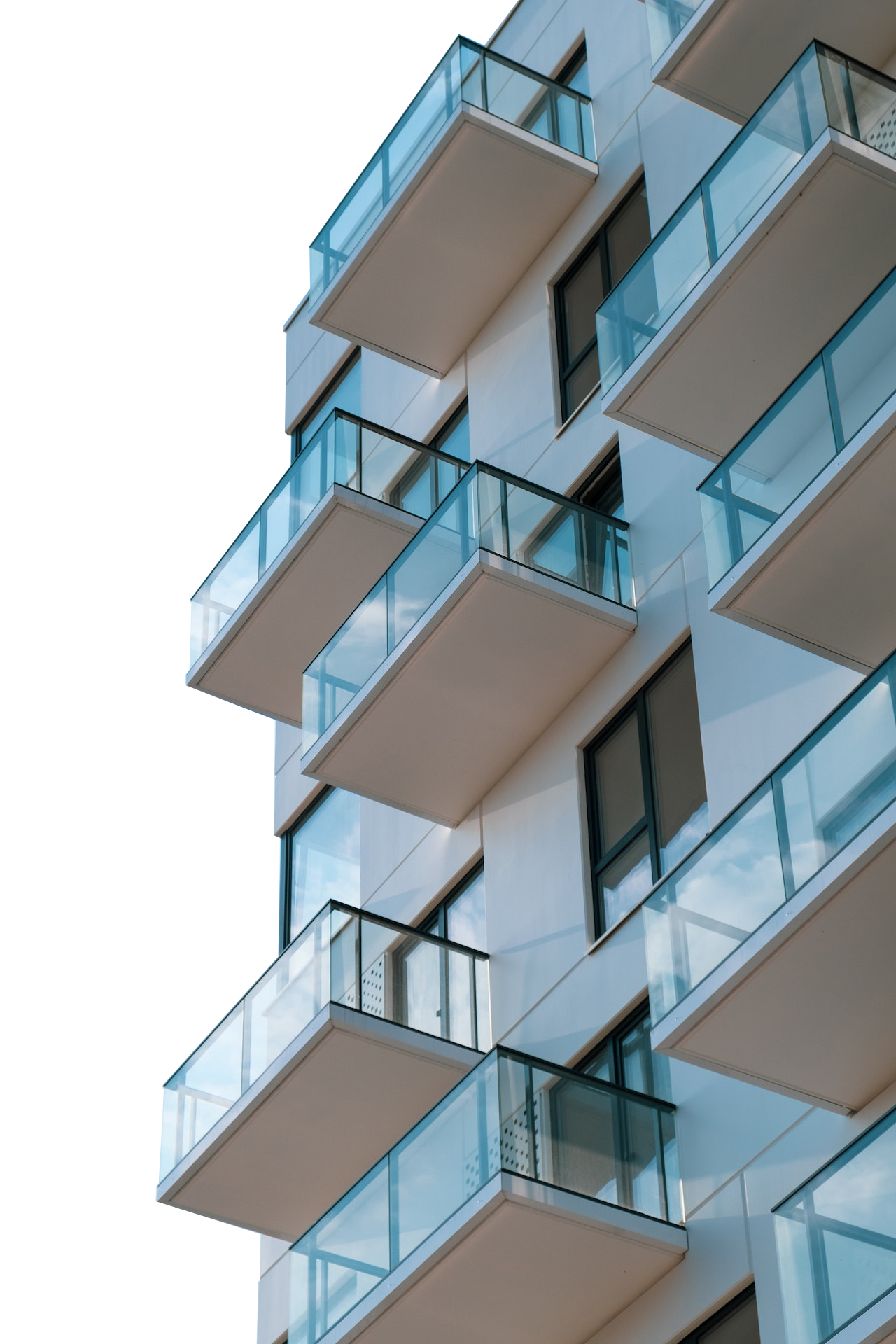
The option to buy more
The option to buy more
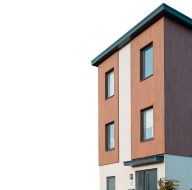
Sell your shares at any time
Sell your shares at any time
